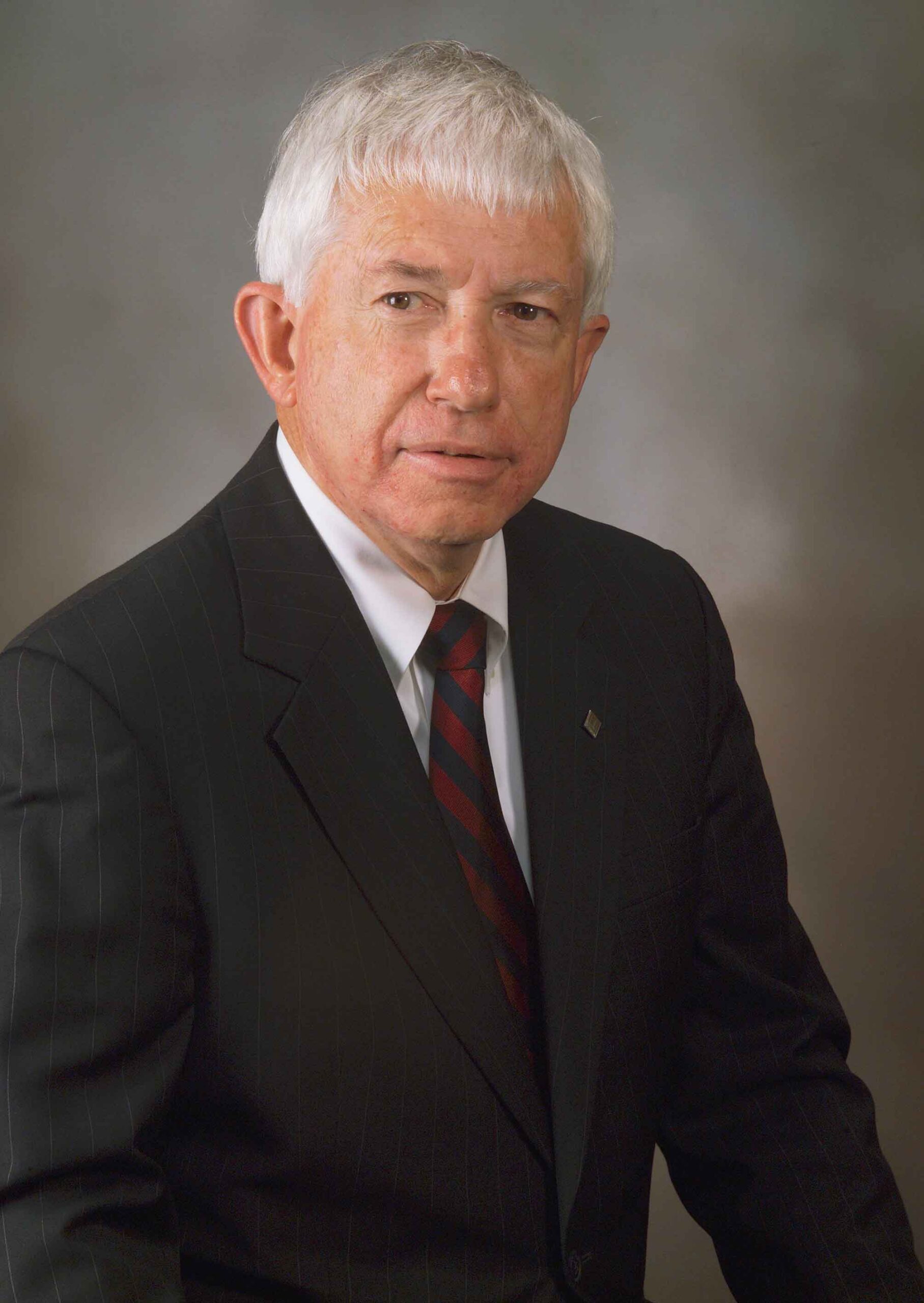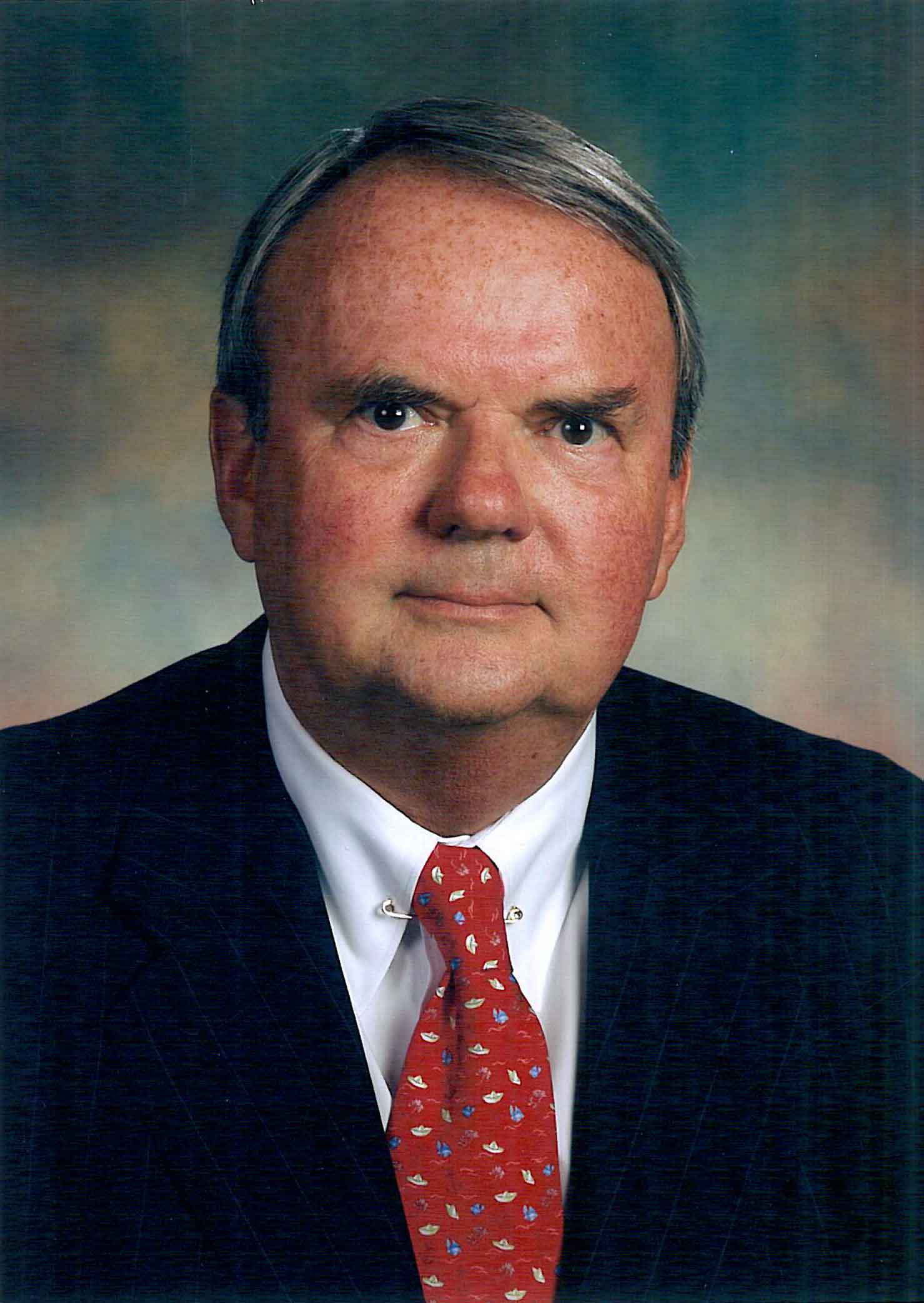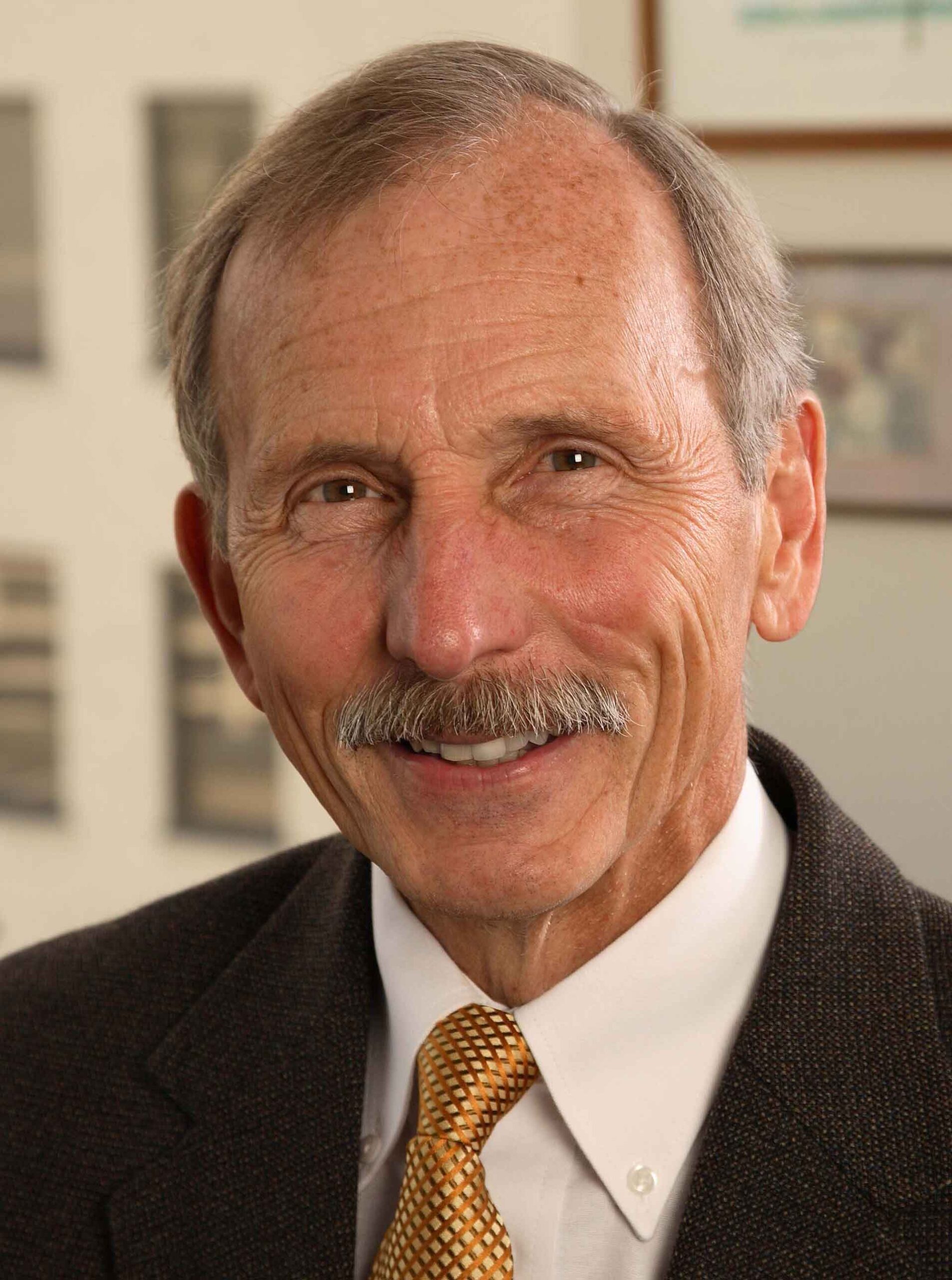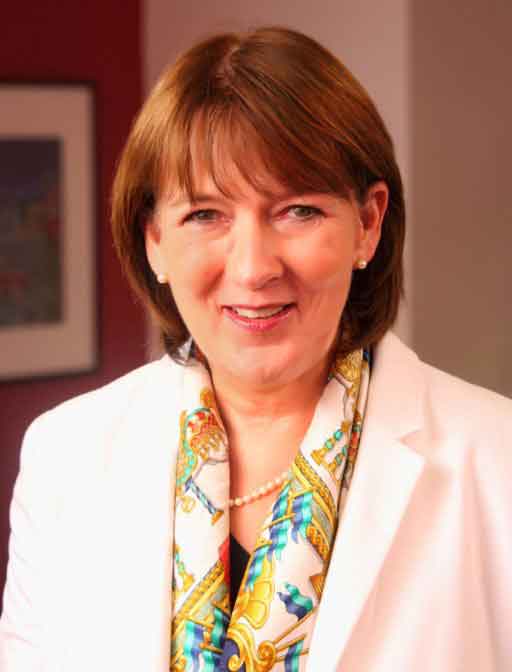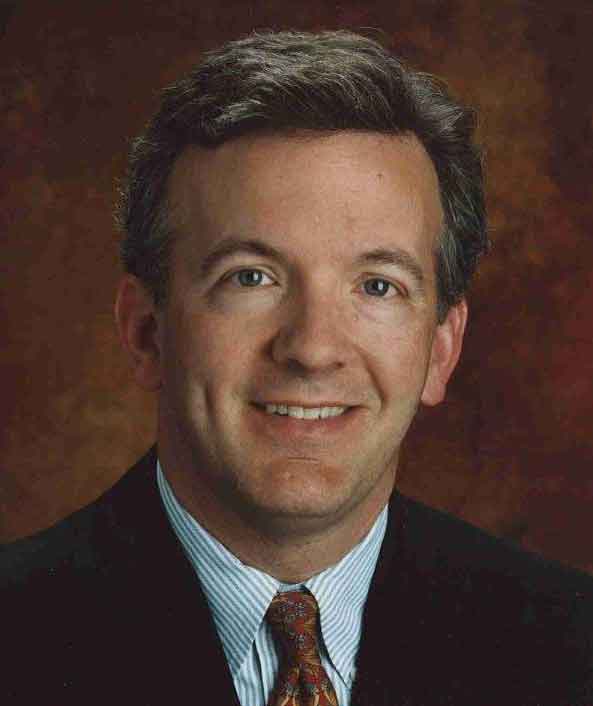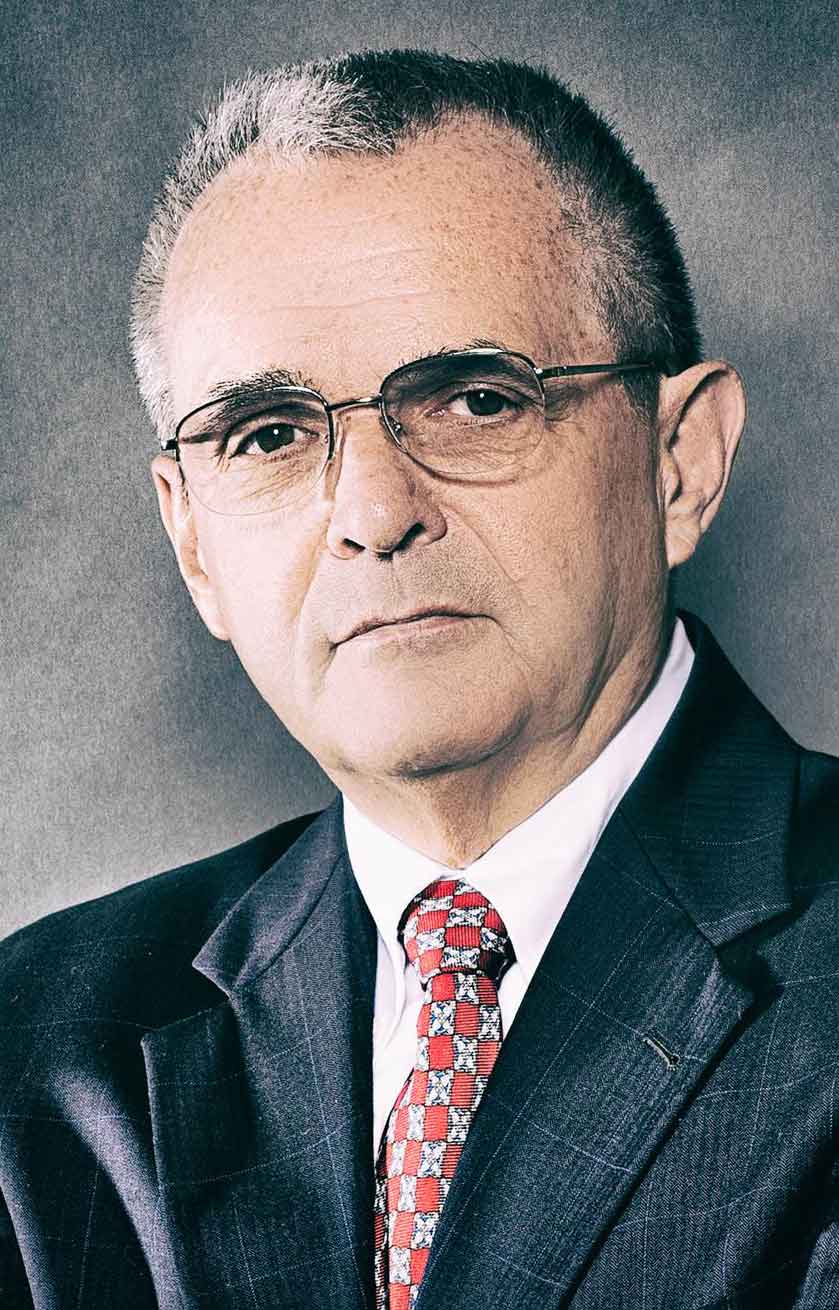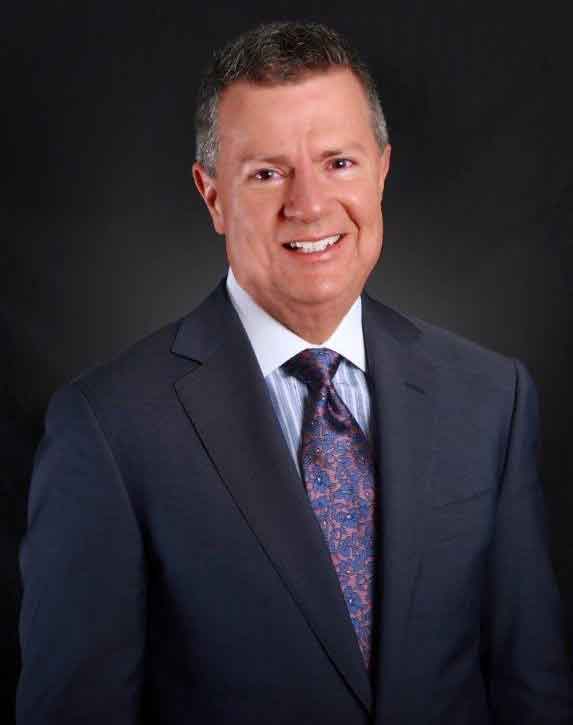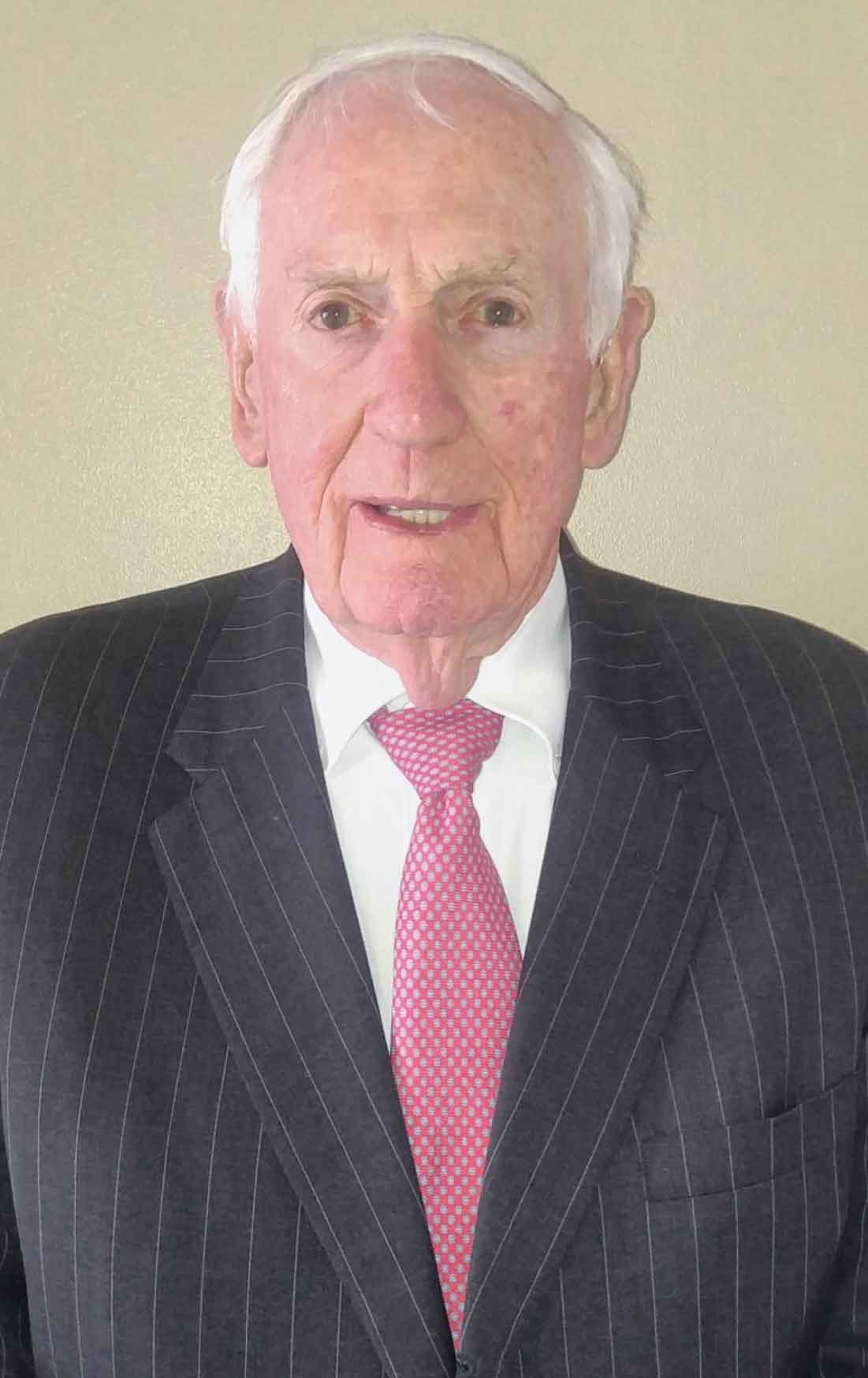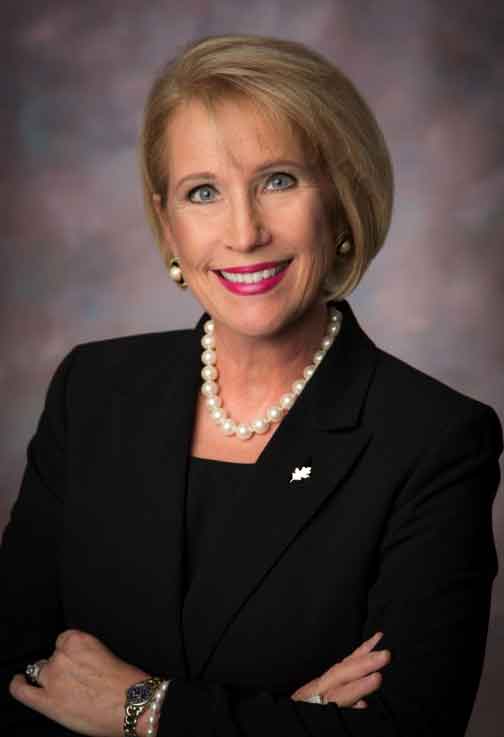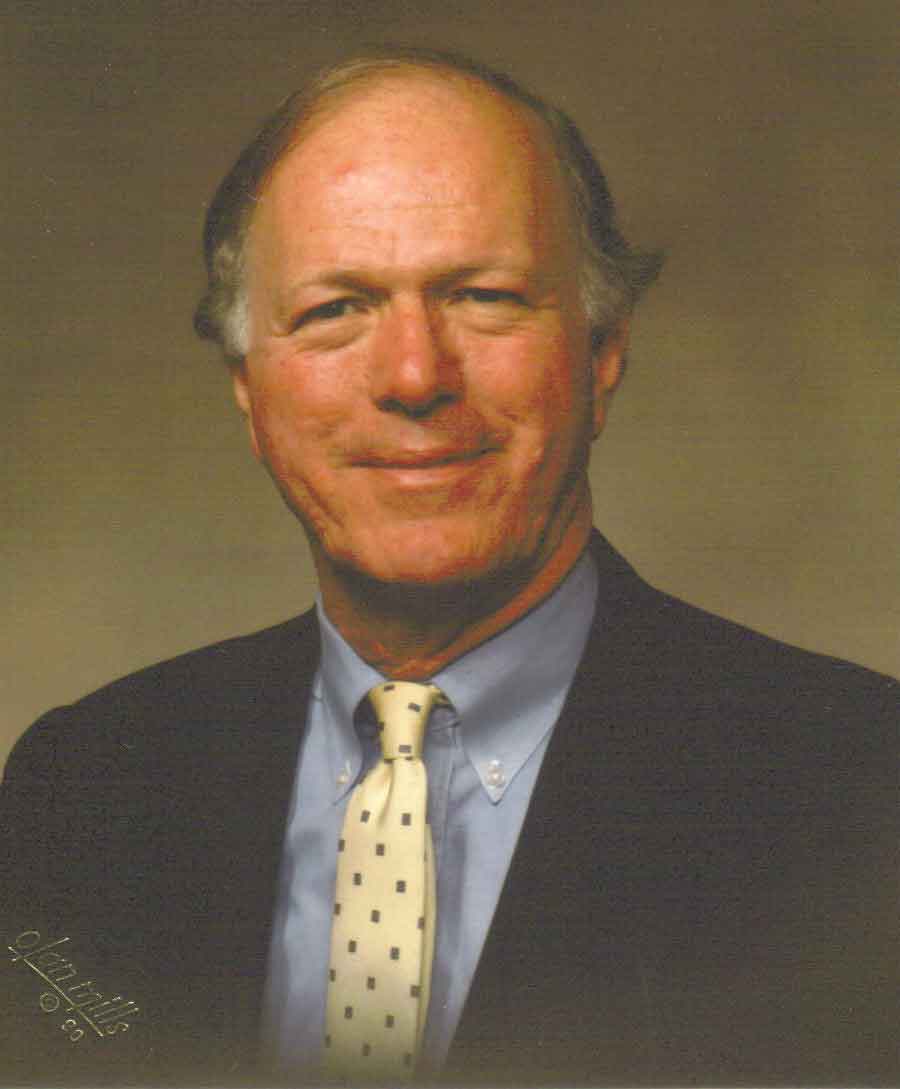Raymond Smoot was born January 21, 1947, in Lynchburg, an only child to parents Raymond Dillard Smoot and Gladys Masencup Smoot. Ray attended Bedford County schools through 5th grade and then went to Lynchburg public schools (E.C. Glass High School). At 10 years old Ray’s first job was cutting grass for neighbors. His mother stirred his artistic blood with piano lessons on an old upright that was replaced with a prize piano. As the story goes his mother was in the Roberts’ Piano Company store in Lynchburg and placed her name in a drawing for a piano. Her name was pulled along with a couple others and the question they had to answer was “who were the first two colleges to play against each other in competitive football?” Ray’s mother cringed because she knew nothing about football, but blurted out the only colleges that came to mind, “Harvard and Princeton”. Mrs. Smoot won the piano and young Ray continued his lessons through elementary school and he perfected the organ. This made Ray the perfect stand in for any church services that had an absentee pianist or organist. The Roberts’ piano still is being used by Ray today in a special place in his home. In High School he managed the basketball team and was the Sports Editor for the school newspaper, along with being a representative to Virginia Boys State.
Ray was the first generation of his family to attend college. He was first attracted to Virginia Tech because he wanted to be an engineer. However, he got his Bachelor of Arts degree in English in 1969 from Virginia Polytechnic Institute & State University (VT) with the idea that he would be a teacher. After getting his Master of Educational Administration he worked at Virginia Tech for two years before going to get his Doctorate degree at Ohio State University.
In 1964 during high school, he began working for the Department of Agriculture measuring tobacco allotments. He would literally measure each row of tobacco to see how many plants were growing. This was a very interesting job because it allowed him to meet a variety of unique people. Many of the farms were family owned and operated in Amherst County. In 1965 – Ray had a job in construction digging foundations for commercial buildings. He was paid $1.25 an hour. This job helped motivate him to stick with college.
In obtaining his English Degree Ray originally wanted to be a teacher but he met Marshal Hahn, President of VA Tech who got him interested in University Administration. During college Ray was very involved with the Student Government and was president his senior year and later interned in the president’s office. This allowed him a front-row seat to the ever able and aggressive vision of Hahn. For fun Ray joined a fraternity who had very productive fund raisers and his passion for music placed him in the glee club not to mention he had become an accomplished pianist. While working on his doctoral degree at Ohio State Ray worked for the Ohio State Legislature. This job focused on Education and policy matters (his office space was the size of a phone booth). This job was very eye opening and exciting letting him see the political aspects that play a role in Educational Administration. Ray worked with a state representative who was very responsive to his constituents. There were multiple requests from local schools and businesses to acquire an Ohio state flag that had flown over the state capital. Every so often Ray was sent up to the state capitol dome to wave an Ohio flag back and forth and then pack it up to be shipped to the constituent. He learned to be truthful!
In 1975 he came back to Virginia Tech and became involved in the University financial operations. He was the assistant to the VP for Administration (Stuart Cassell, former school business manager). This job involved him working on various projects with the Virginia Tech Foundation which then had assets valued at $10 million. Mr. Cassell passed away unexpectedly just one year after Ray had been working there. With his death Ray was given some of his boss’s responsibility and took the reins of the foundation at the age of 29.
2003- Ray becomes the full time Chief Executive Officer of the Virginia Tech Foundation. This role makes him responsible for managing investments, acquiring, and managing real estate and large/unique gifts, communication with the foundation board and managing a large staff plus foundation projects.
Over the years, the foundation also acquired and developed real estate for use by the university. The foundation now owns 17 properties around the state, including the 130-year-old Hotel Roanoke, the Virginia Tech Research Center-Arlington and the Virginia Tech Corporate Research Center in Blacksburg plus the Virginia Tech Center for European Studies & Architecture housed in a 275-year-old villa near Lugano, Switzerland.
Changes since 1975:
- Student enrollment in 1975 was 11,000 and today the University boasts of 30,000 students.
- Funded research has grown to $450 Million (and has a major economic impact on our region.
- Virginia Tech Foundation assets have grown to $1.3 billion.
- Research enterprise is focused on areas of interest of public needs (ex. Energy, Cyber-Security and Transportation)
- How VT is funded- State funding has become smaller creating higher student cost. The Virginia Tech Foundation now provides over $100 Million annually to students at the university.
- Increasing outreach of Tech across the state. Examples are Hotel Roanoke, WVTF, The Pete Dye River Course (golf), Via College of Osteopathic Medicine, VT Seafood research center in Hampton, Virginia Tech/Carilion school of Medicine and Research Institute, the Corporate Research Center, the Equine Medical Center in Leesburg.
- Blacksburg and Roanoke are more united as a region. Ray travels at least 3 times a week to Roanoke and described it as not going to another town but just going across town. On occasion or two he has come to Roanoke three times in a day.
- More cooperative ventures and research initiatives are on the horizon, this includes the soon to be completed Turner Street project in Blacksburg in support the new Performing Arts Center.
Ray’s advice to young people is to determine what you enjoy doing and steer your volunteer work and education toward that goal. Understand what you like to do! Always prepare for unforeseeable events and circumstances that can arise. Ray stated that he always believes in Virginia Tech and his staff. They have taken up new and risky projects because they have confidence in each other’s ability to make their dreams a reality.
In looking back on the work, he has done his greatest project has been the reopening of The Hotel Roanoke. There was a lot of skepticism about whether that thing was going to work or not. We bring about $600,000 or $700,000 a year out of that project now to help fund Virginia Tech. More important has been establishing the university in a very prominent way in Roanoke and bringing together the Roanoke and Blacksburg communities.
Another dream to reality venture was taking a cow pasture in 1985 and transforming it into the Corporate Research Center that houses 140 companies and approximately 2,400 workers. The Center has nurtured new businesses that are utilizing the research programs that originated at Virginia Tech. This is the type of economic driver that had been speculated but now is responsible for the quality of life in Blacksburg and all of Western Virginia. Ray has seen the increased number of dedicated VT alumni who are retiring and returning to the NRV to purchase condos leading to new services for the mature population.
As a board member of Warm Hearth Village, a 220-acre comprehensive senior living complex Ray has seen new facilities added and the resident population grow from 100 to 550 residents coming from all income levels. Ray jokes that he is preparing a place for himself in those twilight years.
It is said you are known by the company you keep, well in Ray’s case the company is quite illustrious and dedicated to sustaining VT well into the future. In his undergraduate class of 1969, there were the following orange and maroon proponents Frank Beamer/ VT Head Football Coach, Dr. Charles Steger/VT President, Joe Meredith/President of VT Corporate Research Center, and Tom Tiller/Vice President of Alumni Relations. If it had not been for these five and their roles to put VT on the national map this valley would have a completely different look. The truth is that none of us were friends when we were undergraduates. It’s not like we sat around at night thinking about how we could eventually go to work at Virginia Tech. We knew each other, but back then, heck, Tech was a fourth the size of what it is now. But yes, we’ve all had a good ride here. Ray has done his part to make the University, and the region an economic force and to complement this initiative comes the development of the natural assets.
Ray recently joined the board of directors of the Mountain Lake Conservancy which is repositioning this property as an outdoor recreation venue.
Ray enjoys life. He considers himself blessed to be a Virginian and American, to have been brought up by loving and Christian parents of modest means who worked hard and felt entitled to little. Ray is thoroughly engaged in his community, feeling an obligation to give back and help advance its civic and economic life. He is fortunate to work with talented people who are also committed to accomplishing positive things. He can’t sit still and enjoys being with people who are similarly active and purposeful. And he is proud of his family and is married to the love of his life.
Special awards and recognitions include:
- Meritorious Service Award – United States Army Reserve
- 2005 – National Community Leadership Award- American Association of Research Parks
- 2006 – Professional Leadership Award for Community Service- Blacksburg Christiansburg Rotary Club
- 2011 – Named among 25 Best Connected Virginia Business Leaders- Virginia Business Magazine
- Distinguished Volunteer Service Recognition- Warm Hearth Retirement Community
- President’s Award- Virginia Tech Corporate Research Center
- 2012 Virginia Business Hall of Fame
Dr. Raymond Smoot was inducted into the Southwest Virginia Business Hall of Fame in 2012.

